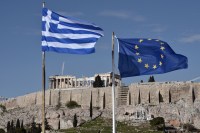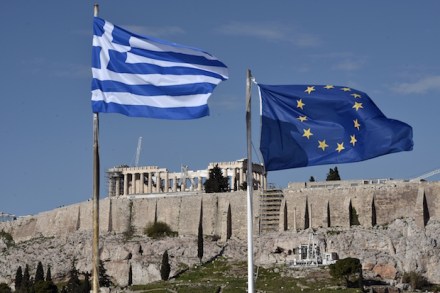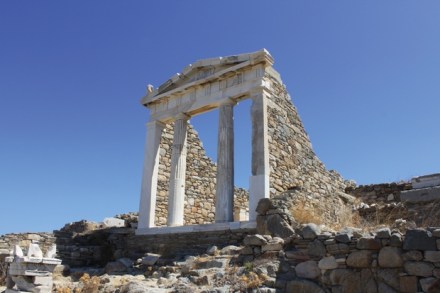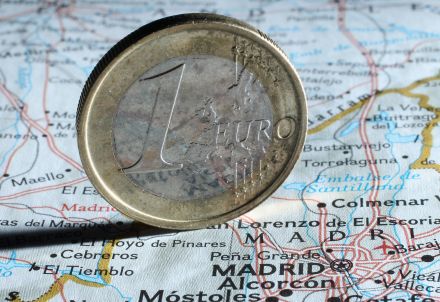Greece lightning: six things you need to know about Syriza’s victory
It’s official: Syriza, the Greek anti-austerity leftist party, has won the general election. With 98pc of the votes counted it is looks to have taken 149 out of 300 seats, just two short of an overall majority but still in a very strong position. Syriza is pro-EU but anti-austerity – so will soon face a confrontation with the Troika (the European Commission, the European Central Bank and the International Monetary Fund). Germany has indicated that it’s less worried about Greece leaving the EU, so won’t bend over backwards to accommodate demands. The brinkmanship will now begin. 1. Background – the Greek economy Over the last four years Greece has suffered from a depression comparable to 1930s America, resulting in




















